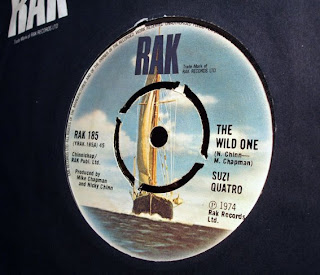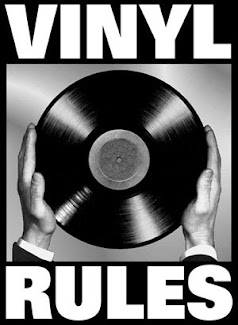 Roy Wood has had a varied musical career, forming and playing in some of rocks greatest bands.
Roy Wood has had a varied musical career, forming and playing in some of rocks greatest bands.In 1966 he formed the Move, who became one of the legendary sixties bands. Their single "Flowers in the Rain" was the first ever record to be played on BBC's Radio One. Roy's next musical venture was to team up with Jeff Lynne to form the Electric Light Orchestra. ELO’s first single, "10538 Overture", entered the charts as The Move’s final single, "California Man" left the Top 10.
Eventually, after leaving ELO in Jeff Lynne's hands he went on to his next venture. Wizzard were born from Roy's love of '50s rock & roll and a desire to mix the hard rock of the Move with a sound reminiscent of that produced by Phil Spector with his "wall of sound". If the music was big and bold then the image was bolder still. Wild, multi-coloured hair; face paint and an outlandish dress sense, (even for the glam rock period) made Wizzard an assault of sight and sound.
Wizzard's debut in the charts was "Ball Park Incident". This was followed up with two number 1’s in "See My Baby Jive" and "Angel Fingers" and the Christmas classic "I Wish It Could Be Christmas Everyday". At the same time Roy was having hits under his own name and gave new meaning to the term "solo album" when he wrote, produced and played everything on the LP, "Boulders".
At one point in January 1974 Roy Wood's solo single "Forever" was at number 7, overtaking Wizzard's Christmas song at number 10. In the summer of that year, Roy Wood, Wizzard, and the Electric Light Orchestra were all in the charts at the same time.
By the end of 1975, Wood was all but burnt out. He had created a total of eleven band and solo hit singles, two Wizzard albums, and added a second solo album. But contractual problems added to over-work led to a slowing down process and live work became a casualty and was eventually abandoned. Wizzard disintegrated and record releases became less frequent. The group's fortunes, even as a singles band, faltered after this.
Wizzard's most famous album is "Wizzard's Brew" But it was the follow up that totally immersed itself in Wood's brash rock ’n roll pastiche. "Introducing Eddy & the Falcons" was released in 1974. One of the singles from this album is the powerful “This Is the Story of My Love (Baby)”.
In a similar vein to "Angel Fingers" it uses The 'wall of sound' production to great effect. Unfortunatley the single and the album were both a critical and commercial failure. “This Is the Story of My Love (Baby)” only reaching number 34 in the UK charts.
For a brief time Roy Wood and Wizzard released a series of varied pop singles that perfectly reflected the bright, 'over the top' music of the times. Hitting some fantastic peaks (Angel Fingers) but sometimes delivering derivative dross. (When Gran'ma Plays the Banjo).


























.jpg)























